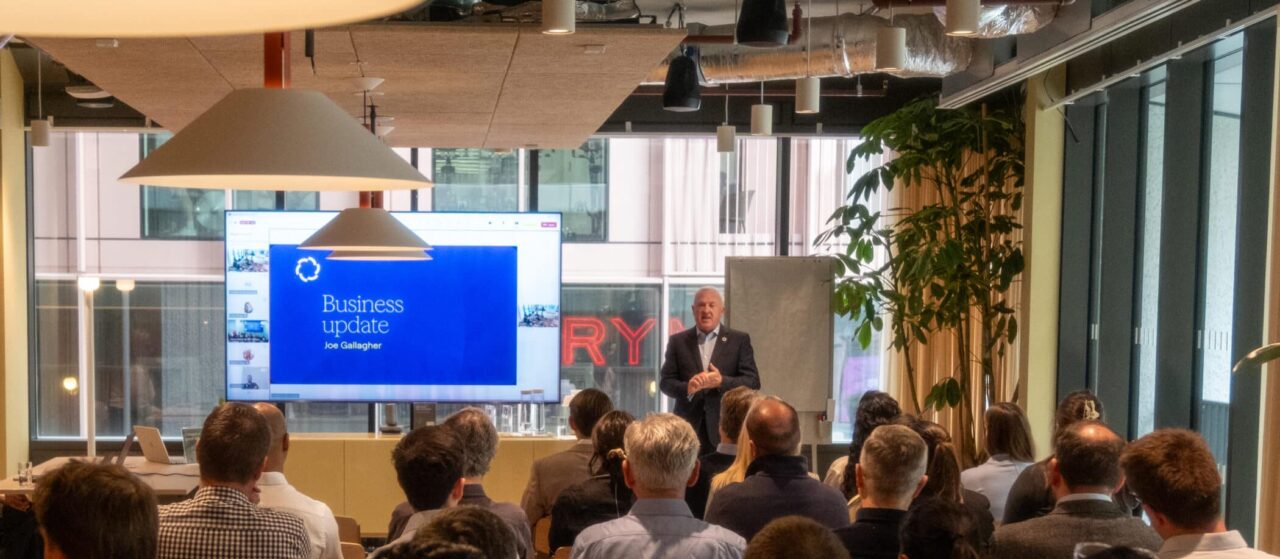Few relations in marketing theory are as elusive as the one between price and value. As customers, we have no difficulty accepting that a drink in a nightclub is ten times the price of exactly the same drink in a neighbourhood café, an airline business seat at ten times the price of an economy seat, a Hermes handbag at ten times the price of a similar one from Zara.
The perceived value of such products is often the complex result of branding, desire, expectation and social status, and not from their actual utility.
Despite being one of the most indispensable products on the planet, broadband still struggles to be desired, to find that celebrity status.
It is, of course, not surprising that an industry which was price-regulated for decades consistently conditioned its customers to focus on price the most. But price is always relative, certainly in today’s new digital ecosystem where real value can even be traded for free, as long as you share your personal data.
So how do we perceive the true value of broadband? We tried to answer that question in Liberty Global’s new public policy report, “Viewed Through the Lens of the Consumer, Value Creation in Telecommunications”, by leading management consultants A.T. Kearney.
The report focusses on the popular perception that price is the most significant factor for consumers when it comes to their home broadband and WiFi. Its findings are a good example of hard data that should encourage new ways of thinking about the value of broadband – and the public debate about its price.
The authors surveyed 8,000 people in eight European countries and asked them a number of questions about how much they valued their home broadband – as well as what they valued most about it.
It was the first time the subject has been looked at directly through the eyes of the consumer rather than through the eyes of bodies that supposedly represent them.
And the answers were surprising.
When asked how much consumers would have to be paid to give up various must-haves for a year – such as home broadband and WiFi, sex, holidays and chocolate – broadband came first overall.
And when we compared the amount people pay for their broadband with the amount they would have to be paid to give it up for a year, the value attributed to broadband exceeded the price paid many times over.
But perhaps the most surprising findings were unearthed when we asked which aspects their broadband package consumers felt were most important.
The common perception – one of those things we think we know – is that price is the most important factor. But our survey showed something very different. While price is a consideration at the time of purchase, other elements – such as network coverage, quality and innovation and speed and bundle size – are much more important in the long term. Price actually came second from bottom.
Another of our survey’s findings was that countries where consumers are prepared to pay more for their services have higher investment in those services per capita. This enables higher numbers of people to take online courses, shop from home and access government services online, which in turn drives economic growth and has a positive impact on business and personal well-being.
When debating the value that high-quality broadband can bring to society, differentiated pricing, both high and low, can make broadband not just indispensable, but an object of true desire.
Read the full report here.










